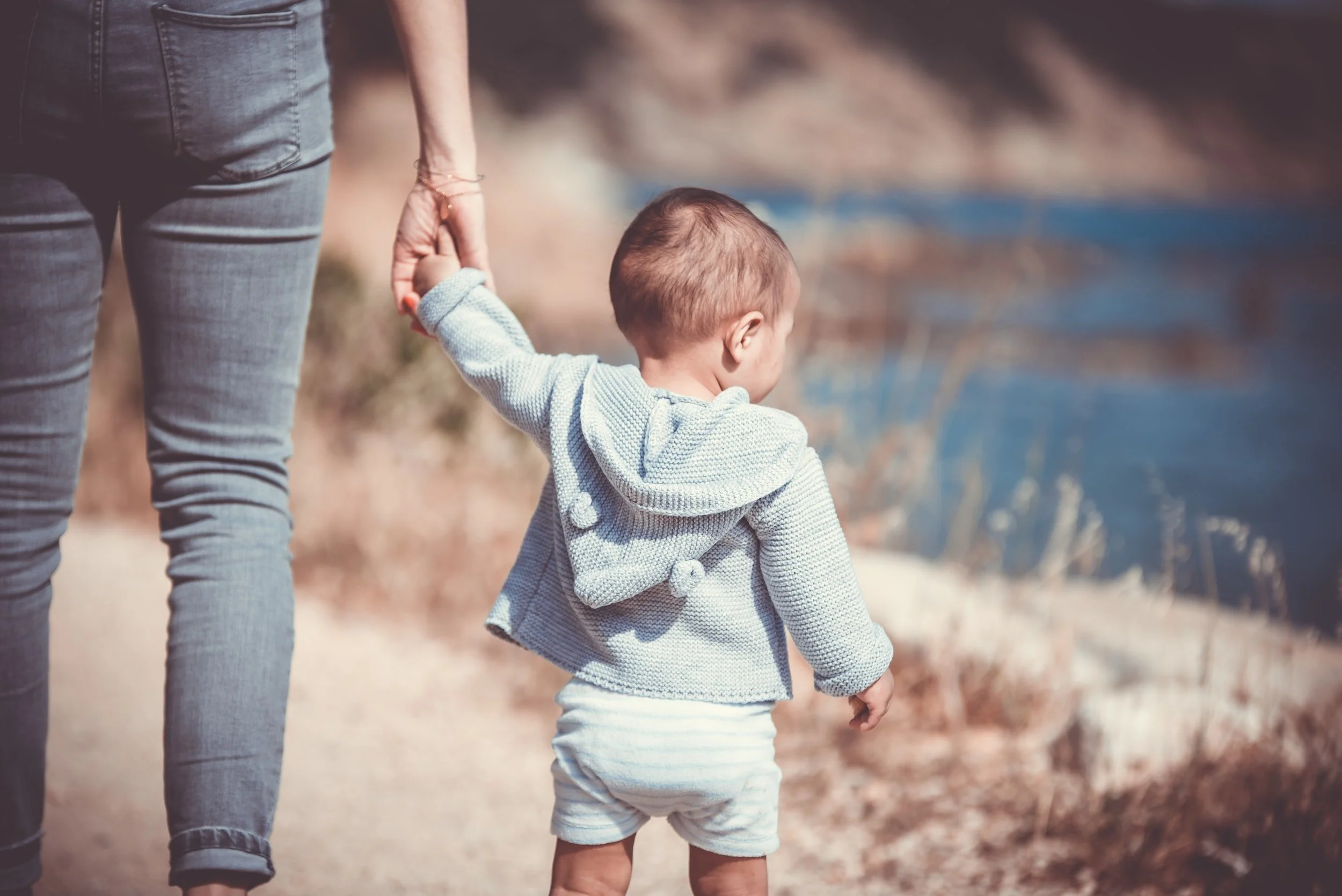Sometimes, divorce is the best solution for a couple. But if children are involved, a “best solution” can still be a daunting and potentially traumatic experience. Children of all ages can recognize when their parents are in conflict. This creates stress for everyone involved. For the kids, it may also provoke confusion, guilt, shame, fear, and anger.
Even in a “best solution” scenario, divorce is not easy for anyone involved. But this does not mean the children cannot get through the experience in a healthy manner. It requires commitment, diligence, and hard work, but children can do more than just cope with divorce. They can move forward and thrive.
How to Help Your Child Cope With Divorce
Communicate and Be Honest
You will need to modify this suggestion depending on your child’s age. Still, the basic premise holds. Be straightforward and be willing to answer any and all questions. When breaking the news, it’s ideal if both parents are present.
Reassure
From toddlers to teens, your kids will require reassurance on several fronts. Here are a couple of examples:
Reassure them that this does not—in any way—prevent the children from having and experiencing both parents’ love.
Younger children, in particular, will need to know how it all works out. When do they see each of you? Do they have to move? What about holidays? Creating a family calendar can be very reassuring.
A big one: Remind them over, and over that, they are not to blame. The divorce is not their fault. They didn’t do anything “wrong.” Reassure them that the two adults made decisions based solely on their relationship.
Be Patient With Them
Once again, from toddlers to teens, this transition will not go without a hitch. They will need time to process. This time period could involve some bad behavior. Of course, you are not required to give them a free pass. But it is essential to communicate and try to understand the acting out.
Help Them Name Their Emotions
Let your children know that it is normal to feel sad or worried. There is no shame in crying. Tell them how you feel and check in with them on a regular basis. Perhaps most importantly, when confusion seems to be their dominant mood, help them to talk about it. If they can name their feelings, that emotion becomes much more manageable.
Keep Your Emotions in Check When it Comes to Your Ex
Never try to convince your kids that your ex is the blame or deserves their anger. They want and need love from both parents. Do not pass messages along to your ex through your children. Do not drag them into any post-divorce drama. On the contrary:
Put in the work with your ex to be effective co-parents
Support your child whenever they spend time with your ex
Maintain Some Routines
Divorce changes things. But you can keep some routines in place to advance a sense of normalcy. Work with your children to decide what routines and traditions are most meaningful to them. As for yourself, be sure to keep up with self-care. You need it now more than ever.
Talk to a Therapist
You’re going through a major life transition and cannot be expected to have it all figured out. Connecting with a therapist offers you the chance to hash out the avalanche of emotions. In addition, some children do exceptionally well speaking with a counselor in the time right after a divorce.
If you or your family needs some help and support, I invite you to reach out. Let’s connect for a free and confidential consultation to get things started. I’m here to help.


